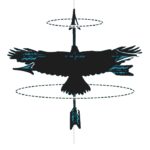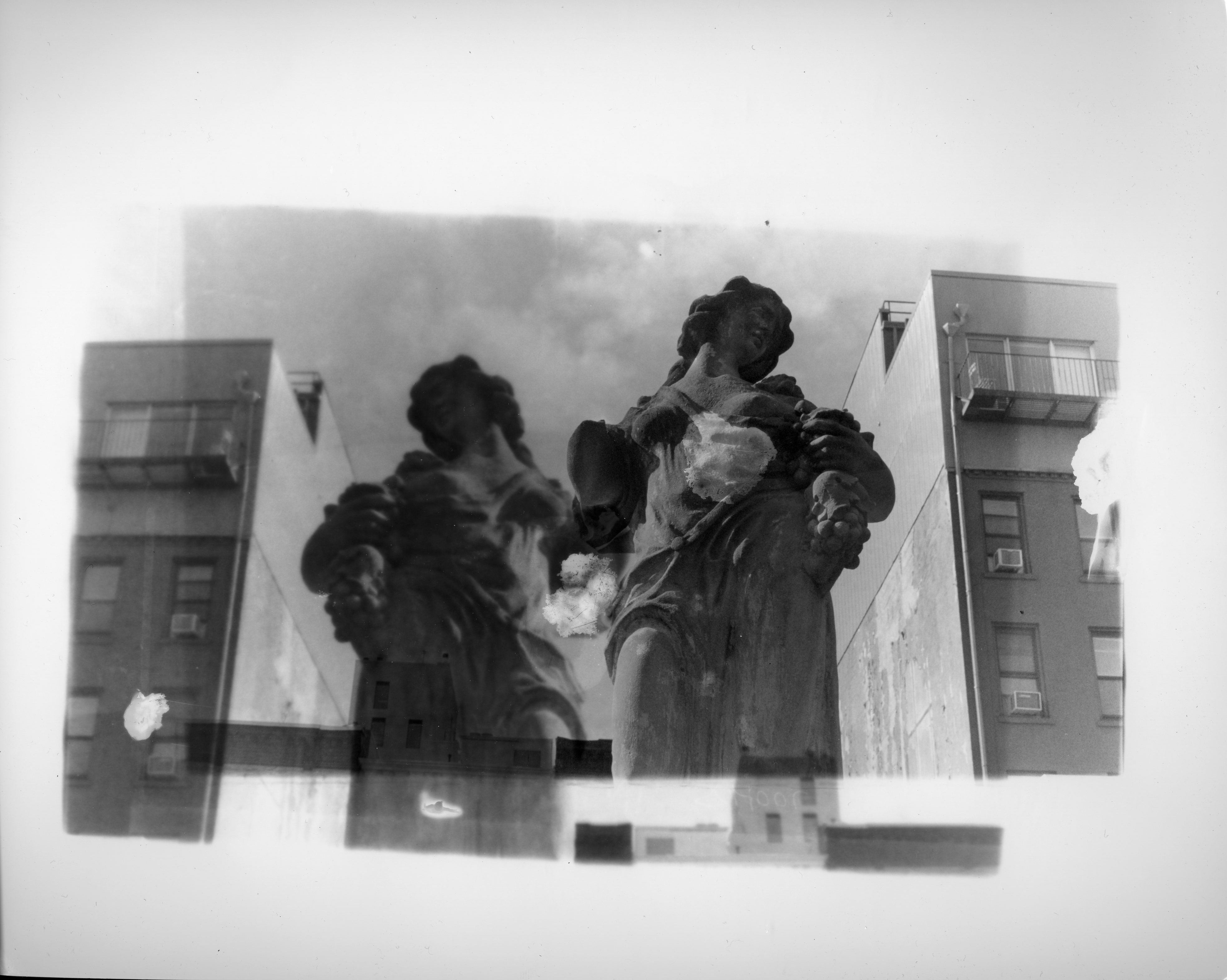This shortcode LP Profile only use on the page Profile
Betsy Becomes a Point of Interest
Mr. Carol helps Mrs. Carol out of the car and hovers over her as she unbuckles the newborn from its carseat. The sugar maple in their front yard is held up by wires staked into the ground. The three Lambs, all boys, fly around the cul-de-sac on their skateboards. Charlie Gold and Lisa Gold, their neighbors, are on their second marriage to each other. Lisa Gold hustles over with a bunch of balloons and some pink onesies, preemie-sized. The Carols name their baby Betsy because that was Mrs. Carol’s grandmother’s name. It is a silly, old-fashioned name, but they don’t expect her to live. The three Lambs bring a lemon chiffon cake their mother made. (Mrs. Lamb is the Halley’s Comet of the cul-de-sac.)Betsy Becomes an Artist
The three Lambs climb the sugar maple in the Carols’ front yard. Betsy is chalking unflattering likenesses of the boys on her driveway. The boys are now 14 and 12 and 10. Betsy wears orthopedic shoes. That night, a patrol car cruises to a stop outside Charlie Gold and Lisa Gold’s house. Mr. Carol watches from his dining room window. He watches Charlie Gold argue with the police officer on the Gold’s front porch. He sees the officer place his hand on his hip, where his gun is holstered. Later, when he and Mrs. Carol are in their beds with their books, he relays this information to his wife, who doesn’t believe him even though he tells her he saw it with his own two eyes. (Like everyone else, Mr. Carol has never seen the three Lamb’s mother. She is the ice, dust, and small rocky particles of the cul-de-sac.)Betsy Becomes the Subject of Meetings
A moving truck is parked in front of Charlie Gold and Lisa Gold’s house. Mr. Carol cannot see this from his dining room window because the sugar maple is now forty feet tall. Mrs. Carol is at the school, at Betsy’s I.E.P. meeting, arguing that Betsy be given more time with the normal kids. Robbie Lamb is incarcerated at the justice center on the outskirts of town. The two other Lambs play varsity football. Every time one of them gets a concussion, their father treats them to a steak dinner with baked potato and salad bar. (The appearance of a comet is also known as an apparition.)Betsy Becomes a Pariah
Betsy pounds on the Lamb’s front door but no one answers. Mrs. Lamb peeks through the curtains of her bedroom window. She is the only neighbor who is home during the day. Betsy’s new blouse is torn. Under her fingernails, there is Lamb DNA which she later regrets scrubbing away under a scalding hot shower. The football coach spreads rumors about Betsy and the two un-incarcerated Lamb boys make 1st Team All-State. (A comet’s heart is essentially a dirty snowball.)Betsy Becomes
Charlie Gold and Lisa Gold stop by the old neighborhood to see if anyone still lives there. They are on their third marriage to each other. Robbie Lamb’s mother lay tailless and unspectacular beneath a bundle of blankets he pushes around in a wheelchair. The Golds interrogate Robbie: Where are your…? My brothers are away at college. Why is the Carol’s house in such disrepair? Mr. Carol and Mrs. Carol got a divorce. Where is the…? Diseased. They had to cut it down. What about the odd little girl? We haven’t seen her in ages. They want to ask, then, since he has so many answers, where are the new people? And what is the nature of love? But it feels like too much and they need to go and they don’t like his eyes. Did they always look like that? They remember when he was only this high. (Comets that have passed too close to the sun too many times lose their volatility. It is then that they become small and dark, inert as rubble.) — Kathy Fish teaches for the Mile High MFA at Regis University in Denver, Colorado. She has published four collections of short fiction: a chapbook in the Rose Metal Press collective, A Peculiar Feeling of Restlessness: Four Chapbooks of Short Short Fiction by Four Women (2008); Wild Life (Matter Press, 2011); Together We Can Bury It (The Lit Pub, 2012); and Rift, co-authored with Robert Vaughan (Unknown Press, 2015). Three of her stories have been Best Small Fictions winners, most recently “Collective Nouns for Humans in the Wild,” chosen by Aimee Bender. Additionally, two of Fish’s stories will be featured in the upcoming W.W. Norton anthology, New Micro: Exceptionally Short Fiction. Artwork by: Miranda Viskatis
Miranda Viskatis is a Philosophy and Computer Science student in Boston. In addition to photography, she enjoys drawing and painting with watercolor.
Artwork by: Miranda Viskatis
Miranda Viskatis is a Philosophy and Computer Science student in Boston. In addition to photography, she enjoys drawing and painting with watercolor.
